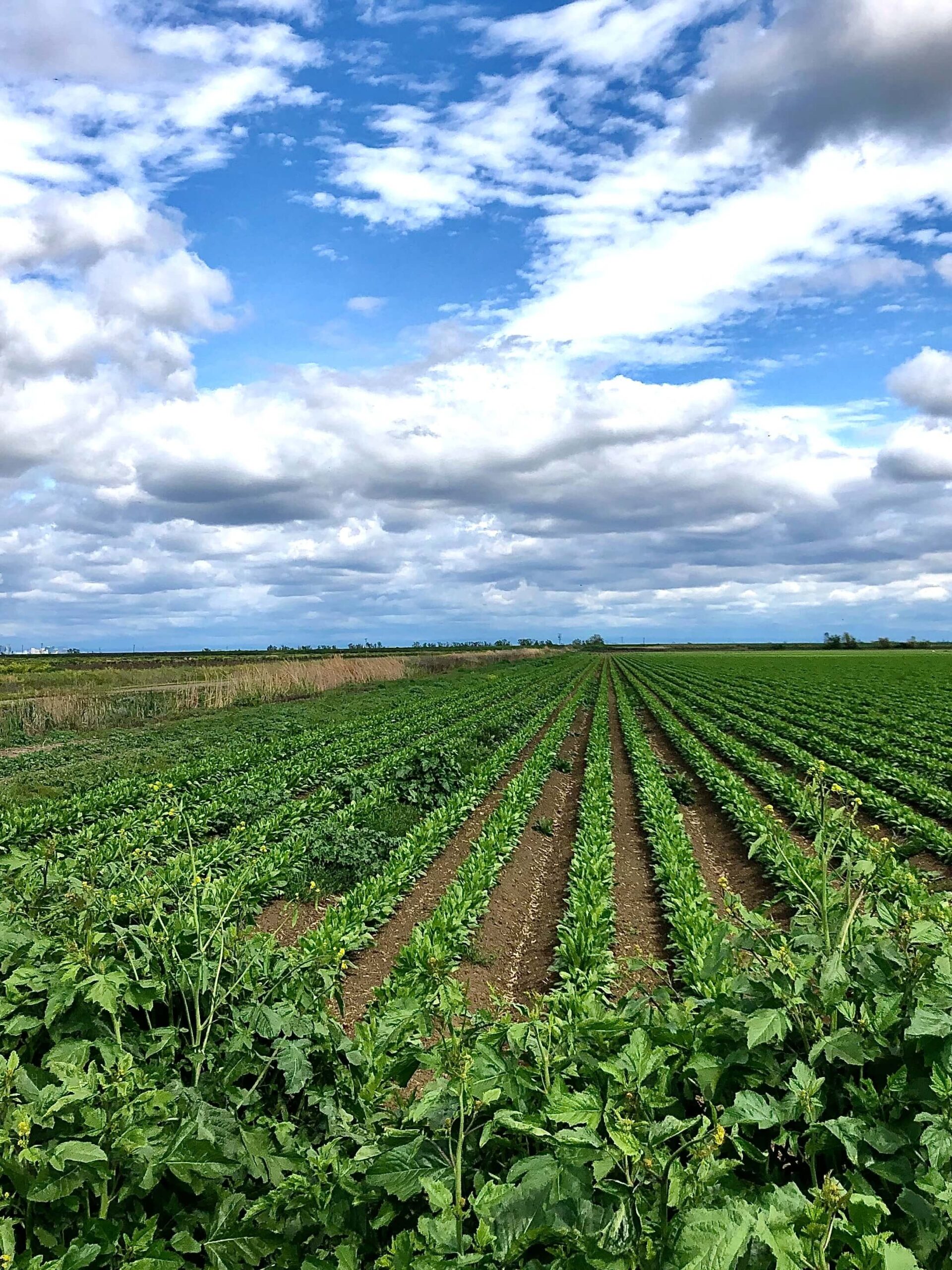When starting a farming operation and seeking capital to get you in motion, there are a handful of farm loans a new farmer has to get familiar with to be successful. Let’s discuss these loans and what makes them each a tool in your farm finance tool chest.
Operating Loans
Operating loans are short term loans that help pay for your daily farm expenses. These expenses are your annual expected costs to run your farm business throughout a growing season. Below are some bullet points about what you can use your operating loan for, length (timeframe) of the operating loan, what collateral the loans require, and what type of interest rates to expect:
- Most operating loans are a one-year term. The loan balance is repaid on the loan maturity date, or the expiration date of the loan.
- Operating loans are commonly revolving credit instruments: this means as you use the loan throughout the growing season and make repayments, you can access that capital again if you need to. Here’s an example below:
- Farmer has a $100,000 operating loan.
- Farmer uses $25,000 to pay for seed in February, leaving Farmer with a loan balance of $25,000 and available capital of $75,000.
- Farmer pays back $10,000 of the loan in March and now has a balance of $15,000 on the loan and $85,000 in available capital to use for farm expenses.
- Operating expenses usually include seed, fertilizer, labor, cash rent for land, and fuel.
- They can have fixed or variable rates of interest. Interest is paid when the loan matures and final payment is due.
- Operating loans require collateral, as do most loans. Collateral usually includes liens on crops, livestock, and farm equipment if necessary.
Intermediate or Term Loans
Intermediate or term loans are short term loans that help pay for farm equipment or livestock. You can find information below about the characteristics of term farm loans:
- Term loans typically vary in length of time from one to seven years. The loan balance is repaid with a structured repayment plan.
- Term loans are commonly used to buy tractors, combines, implements, livestock, or farm buildings/structures.
- They can have both fixed and variable rates of interest.
- Collateral for a term loan is commonly the asset that the loan is used to buy.
- Term loans generally have a Loan-to-Value (LTV) ratio, meaning a lender will only lend up to a certain amount of the purchase price.
Farm Mortgage and Refinance Loans
Farm mortgages are loans used to purchase farmland. Farm refinance loans are used to restructure a current farm mortgage to achieve access to equity to improve the land itself or to acquire a lower interest rate.
- Farm land loans can be as short as one year long and up to 30 years. The farm loan balance is repaid with a structured amortized repayment plan.
- They can have fixed or variable rates of interest. Usually, variable rate loans have a period of time the rate can be floating (3 or 5 years out of a 30 year loan).
- Collateral for farm land loans is the land that the loan is used to buy, and any other land that is pledged as collateral to lower the amount due at signing or to help with the down payment requirements.
- Land loans have a Loan-to-Value (LTV) ratio. This means that a lender will only lend up to a certain amount of the purchase price of the land. Below is an example of a common farm loan scenario:
- Farmer wants to buy 50 acres of tillable land for $500,000.
- A farm mortgage at this amount typically has a LTV of 75%, meaning that the bank will only lend up to 75% of the land’s appraised value.
- Farmer secures a loan for $375,000 to purchase the land for $500,000, and either pays in cash the $125,000 down payment; or, uses some of their land that is owned free and clear as collateral to cover the down payment required.


